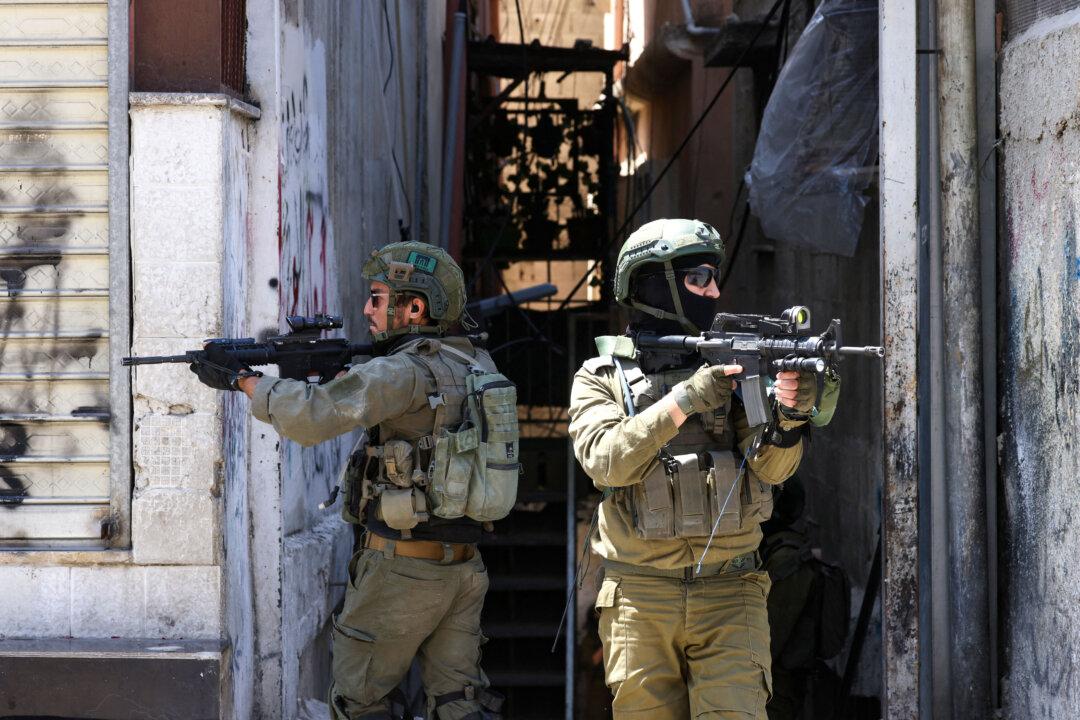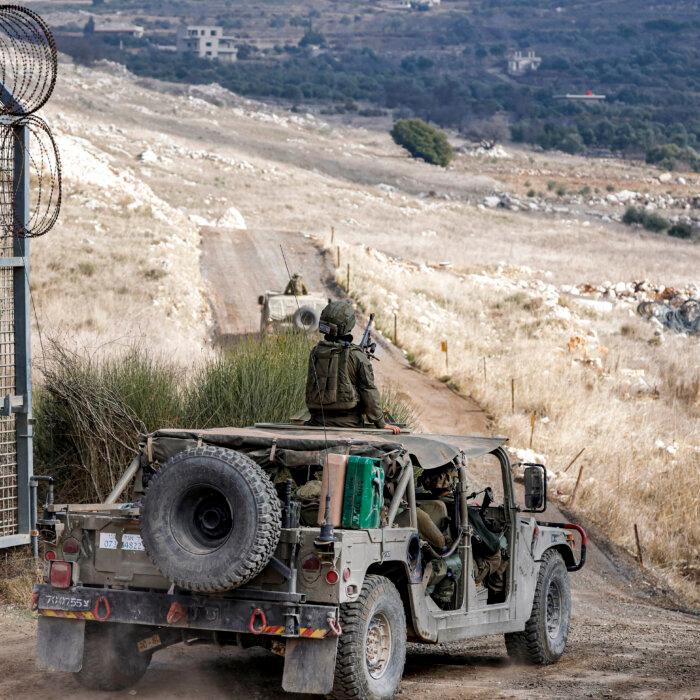Israel has begun calling up reservists as it moves to “intensify and expand” its campaign in Gaza.
The chief of staff of the Israeli Defense Forces, Lt. Gen. Eyal Zamir, said on May 4 that the military has already begun issuing tens of thousands of call-up orders for its reserve forces, looking to grow the campaign.
The announcement of the call-up comes after a missile fired by Houthi terrorists in Yemen toward Israel on May 4 landed near the country’s main international airport, causing panic among passengers and drawing threats of retaliation against the group and its backers in Iran.
The Iran-aligned group claimed responsibility for the strike that hit near Ben-Gurion Airport, in the latest in a string of attacks, saying they are fighting in solidarity with Palestinians in Gaza.
“President Trump is absolutely right! Attacks by the Houthis emanate from Iran,” he wrote. “Israel will respond to the Houthi attack against our main airport AND, at a time and place of our choosing, to their Iranian terror masters.”
In the post, Netanyahu included a screenshot of a Truth Social post from U.S. President Donald Trump made on March 17 that said, “Every shot fired by the Houthis would be looked upon, from this point forward, as being a shot fired from the weapons and leadership of IRAN, and IRAN will be held responsible, and suffer the consequences, and those consequences will be dire!”
In a separate video issued by his office, Netanyahu said, “We will do what we need to do to take care of our security, to respond effectively, and to give Iran due warning that this cannot continue.”
Most attacks from Yemen have been intercepted by Israel’s missile defense systems, though a drone strike did hit Tel Aviv in 2024.
The May 4 missile was the only one of a series of volleys launched since March that was not intercepted.
Later on May 4, the Israeli military concluded an assessment and said that there had been a technical issue with the interceptor that was launched toward the missile.
“Initial findings reveal no malfunction in the detection procedure, interception systems, or Homefront Command alert mechanisms,” the army said in a statement.
The Israeli ambulance service said eight people were taken to the hospital for mild to moderate injuries resulting from the strike.
Claiming responsibility, Houthi spokesperson Yahya Saree said Israel’s main airport was “no longer safe for air travel.”
The Israel Airports Authority said normal operations had resumed; however, a string of airlines, including Lufthansa, Delta, ITA Airways, and Air France, said they had canceled flights to and from Tel Aviv, some of which had been scheduled for May 5 and May 6.
The war was triggered by the Oct. 7, 2023, Hamas attack on Israel that killed 1,200 people, mostly civilians, according to Israeli tallies, and saw 251 taken as hostages into the Gaza Strip in the deadliest day for Israel in its history.
Israel’s ground and air campaign in Gaza has since killed more than 52,000 Palestinians, according to the Hamas-run health ministry, which does not separately identify militant and civilian casualty figures.
Up to 24 of the 59 hostages still held in Gaza are believed to be alive.
Hamas says it will release hostages only as part of a deal that will end the war and see Israeli forces withdraw from all of Gaza.







